
Hypertension or high blood pressure is a condition characterized by systolic blood pressure above 140 mmHg (18.7 kPa) and diastolic pressure above 90 mm Hg (11.9 kPa). High blood pressure is a disease of modern age, associated with increased stress lack of sleep, obesity, salty foods, drugs (corticosteroids and contraceptives), smoking and increased use of alcohol and energy drinks.
In over 90% cases of increased blood pressure is not known what cause disease, and in less than 10% increasing in blood pressure occurs as a consequence of other diseases (diseases of the kidney, adrenal gland disorders, heart damage, thyroid disorders ...).
Increased blood pressure is "silent killer" because it often occurs without any symptoms, but it can be manifested as a headache, tinnitus, vertigo, short breath, nausea ... Generally the body adjusts to increased blood pressure learning to live with it so people do not feel any symptoms. However, this situation increases strain on the heart and blood vessels leaving a long-term consequences (heart muscle enlargement, heart failure, heart attack, stroke, kidney damage).
The first line of defense in the regulation of blood pressure includes changes in the way of life. Only if that don’t give any result it should approach to medications using.
Quitting smoking is an essential element in the regulation of blood pressure because the nicotine narrows blood vessels and increases blood pressure. Therefore, it is important to relieve artery from the impact of nicotine. Number of heart attacks is significantly higher in smokers than in nonsmokers.
Reducing salt intake to less than 2 g per day, reduces the amount of water in the body, thereby relaxes the blood stream. Common table salt (NaCl-sodium chloride) can be replaced with KCl-potassium chloride given that reducing sodium intake provides a lower blood pressure.
A regular sleep and avoiding stress are also desirable for blood pressure regulation.
Obesity is a risk factor for increased blood pressure and numerous other diseases. Regulation of body weight and moderate physical activity are advisable. Also, reducing intake of alcohol and energy drinks is recommended.
Given that garlic and onion lowers blood pressure, their increased use is recommended to people with hypertension. Odor of garlic can be overcome using commercial products without the smell, but one should bear in mind that fresh garlic is most effective.
Using celery, parsley and dill gently eject fluid from the body reducing blood pressure.
Fresh tomatoes or tomato juice also decrease the blood pressure.
White mistletoe and hawthorn tea are traditionally used for reduction of blood pressure and prevention of atherosclerosis. Tea blends that stimulate the ejection of liquid from the body (diuretics) contribute to reducing the volume of circulating blood and thus relieve the bloodstream. Dandelion, uva, corn silk, paper birch, horsetail, rabbit thorn, juniper and parsley show diuretic properties. In the case of swollen ankles and feet often drinking dandelion leaf tea in sufficient quantities causes frequent urination. This is boring but it will provide drainage of excess fluid.
Lack of magnesium is associated with higher blood pressure values when intake of legumes, green leafy vegetables, whole grains, milk and other foods rich in magnesium is recommended.
Oily sea fish (salmon, sardines, tuna ...) rich in omega 3 fatty acids should be used at least three times a week to regulate blood pressure and blood fats.



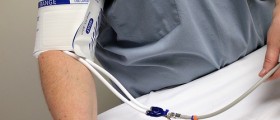
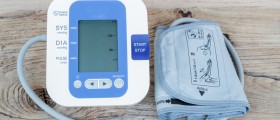
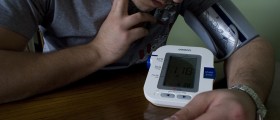
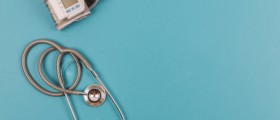
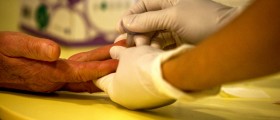
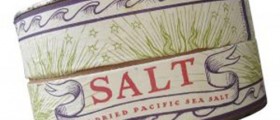
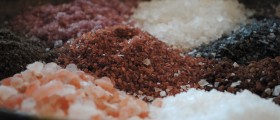



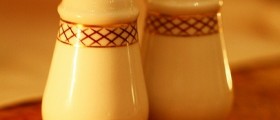
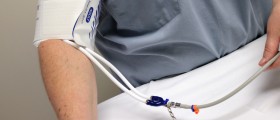
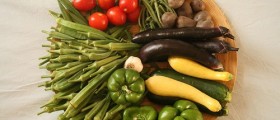

Your thoughts on this
Loading...